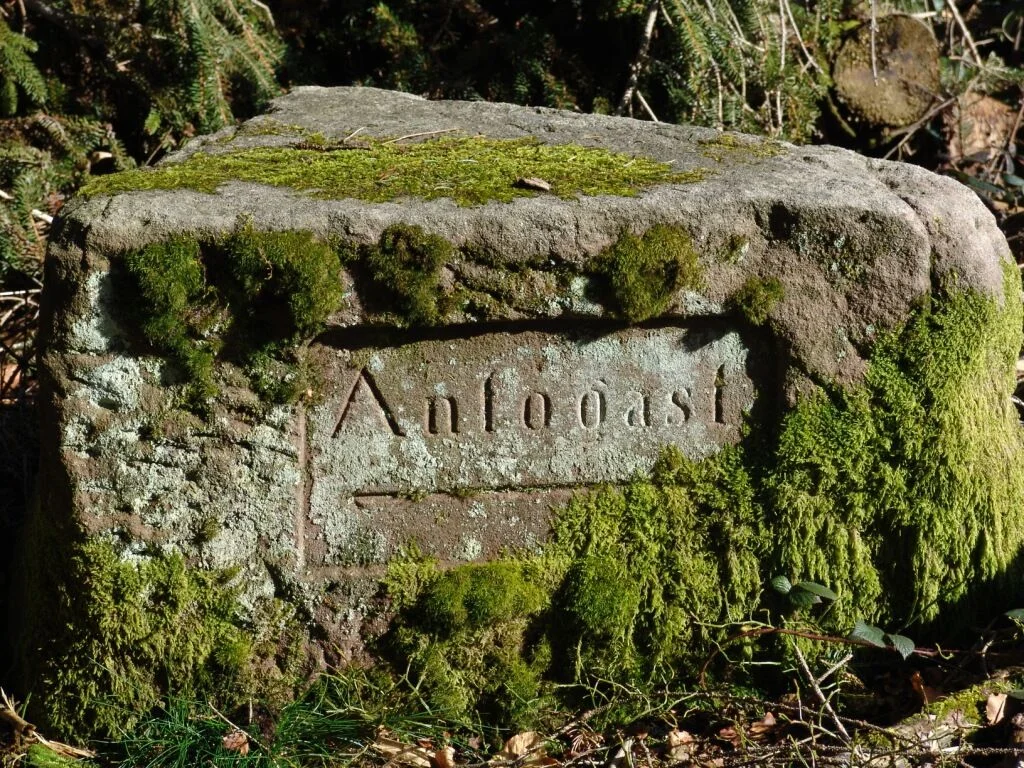In Search of Oud
Chasing a particular smell brings me to the crowded by-lanes of Old Delhi
Gulab Singh Johrimal’s is a small, unassuming perfumery tucked in a narrow by-lane of Chandani Chowk. It blends with the surrounding chaos of the market, and is difficult to pick out, except for the smell. The smell – not a lone decipherable, one but an elating mingle-mangle bouquet of several aromas – occupies the street. The sweet scents of perfumes, essential oils and attars douse the stench from open sewers, and waft through the disorderly thoroughfare sedating the bored shopkeepers, angry rickshaw-pullers, and disoriented tourists into a concocted calmness.
Pulling on these chords of scents will bring you to Gulab Singh Johrimal’s perfumery. The shop is a simple setup. It’s walls are lined up with open cupboards holding countless glass bottles of different shapes and colours. Behind the counter, that opens onto the street, is the workspace. It is here that oils from large jars are poured into smaller bottles and packed.
Established in 1816, Gulab Singh’s is an old hand at blending perfumes. It sells essential oils, perfumes, attars, incense sticks, aromatherapy sets, room-fresheners, and accessories such as small perfume glass bottles and diffusers. The scents range from fundamental floral aromas of mogra, night-queen, jasmine, sandal, and similar, to blends that mimic the latest commercial collections from the likes of Armani and Hugo Boss. Despite loud and tacky names – Funtoosh, Tehelka, Gadar, Aakarshan – these blends are compositions of expert local perfumers and can hold on their own against any international brand.
Despite the fact that my olfactory senses were soused with the popular scents that the friendly staff at the shop made me try, I was on the lookout for a particular smell - that of Oud. There is a particular smutty earthiness to the smell of Oud. I was taken up by the fragrance after an Arab friend had first introduced me to it in Dubai. Perhaps because I think men should smell like men - earthy. And this smell of Oud was exactly that: disconcerting, crude, and uninhibited.
Oud is a serious business in the Middle East where most Arabic men invariably dab a few drops of it before stepping out. More recently, Oud has caught the fancy of the rest of the world, making it one of the trendiest notes. Oud has a strong Indian connection too. It is derived from the resin of tropical agar trees, which are grown mostly in India and Bangladesh, and is one of the most expensive natural raw ingredients, selling at 20,000 INR/gram.
It was this search that had brought me to this old perfumery. I had hoped to find an attar carrying notes of Oud at Gulab Singh’s, and at much cheaper price than the branded perfumes sold internationally. After having been taken through tens of different scents, I still waited for Oud to turn up. When it didn’t, I simply asked for it.
“You won’t like it” the friendly proprietor of Gulab Singh’s, Mukul Gundhi, said, “Many Indians think it smells of sweat”. There was some truth to this statement. Anyhow, when I persisted, Mukul brought out two bottles of blends from under the counter: White Gold Oud and Amiri Oud. They both carried strong notes of Oud, reminding me a bit of the foul-smelling dusty lanes that I had left behind. But well, this was the smell I sought. By the time I was done, I not only bought the two bottles of Oud, but a whole bunch of sweet-smelling souvenirs.
A version of this story appeared in National Geographic Traveller






